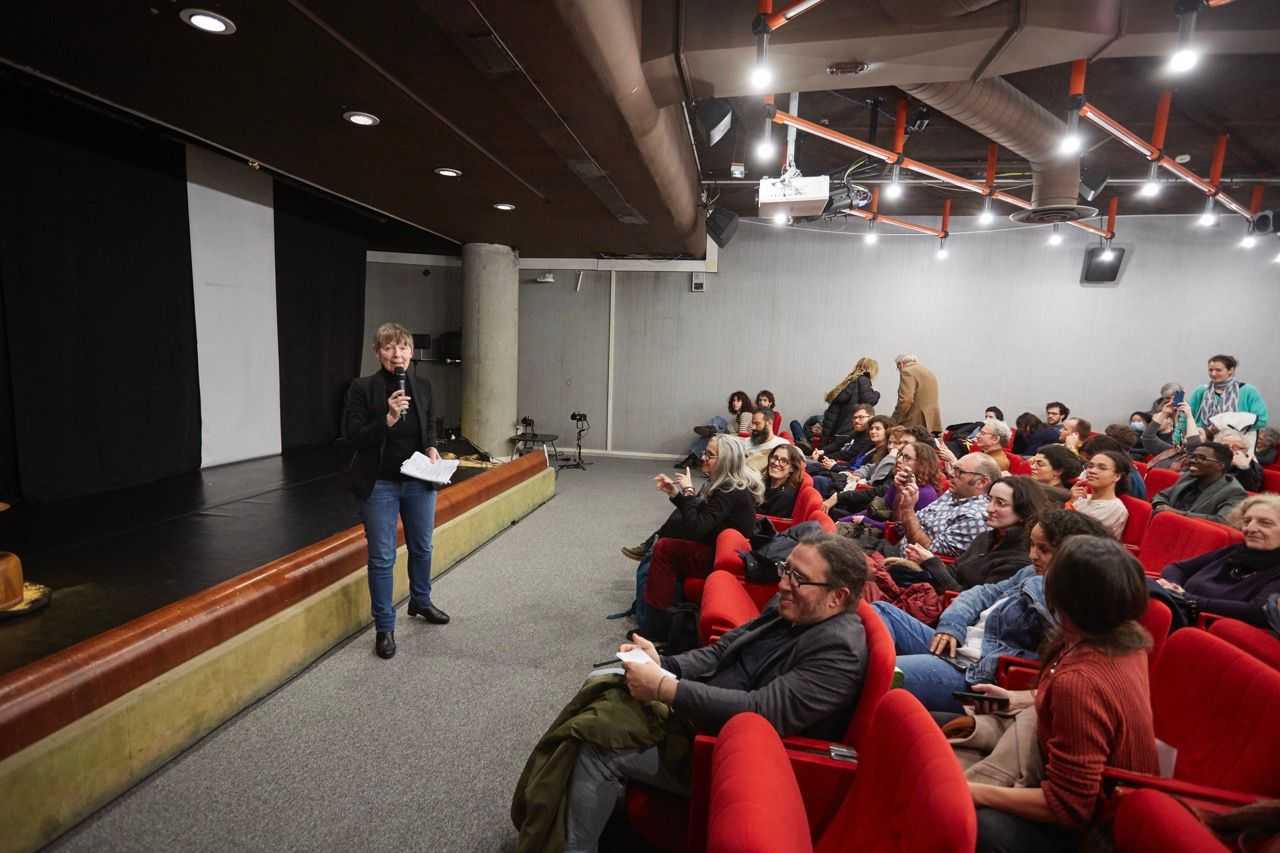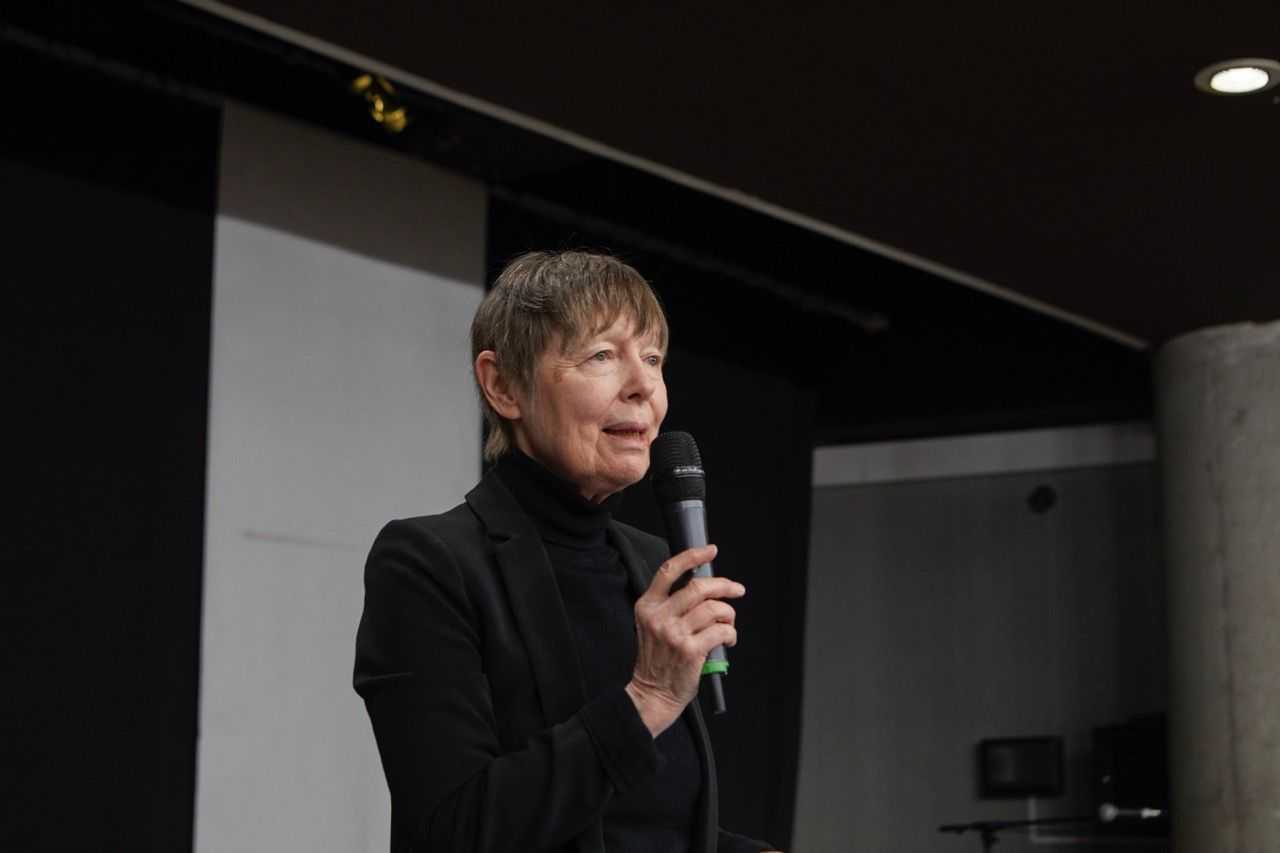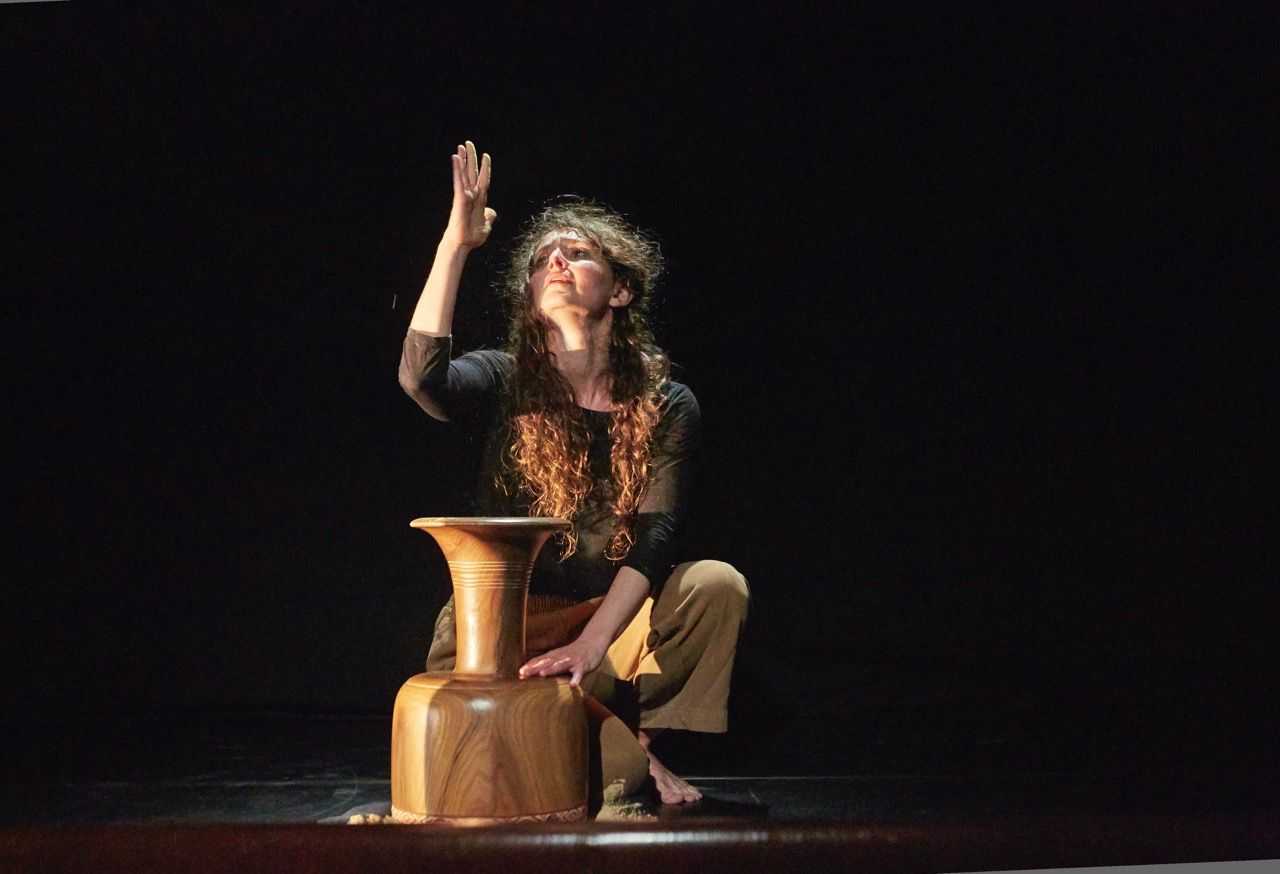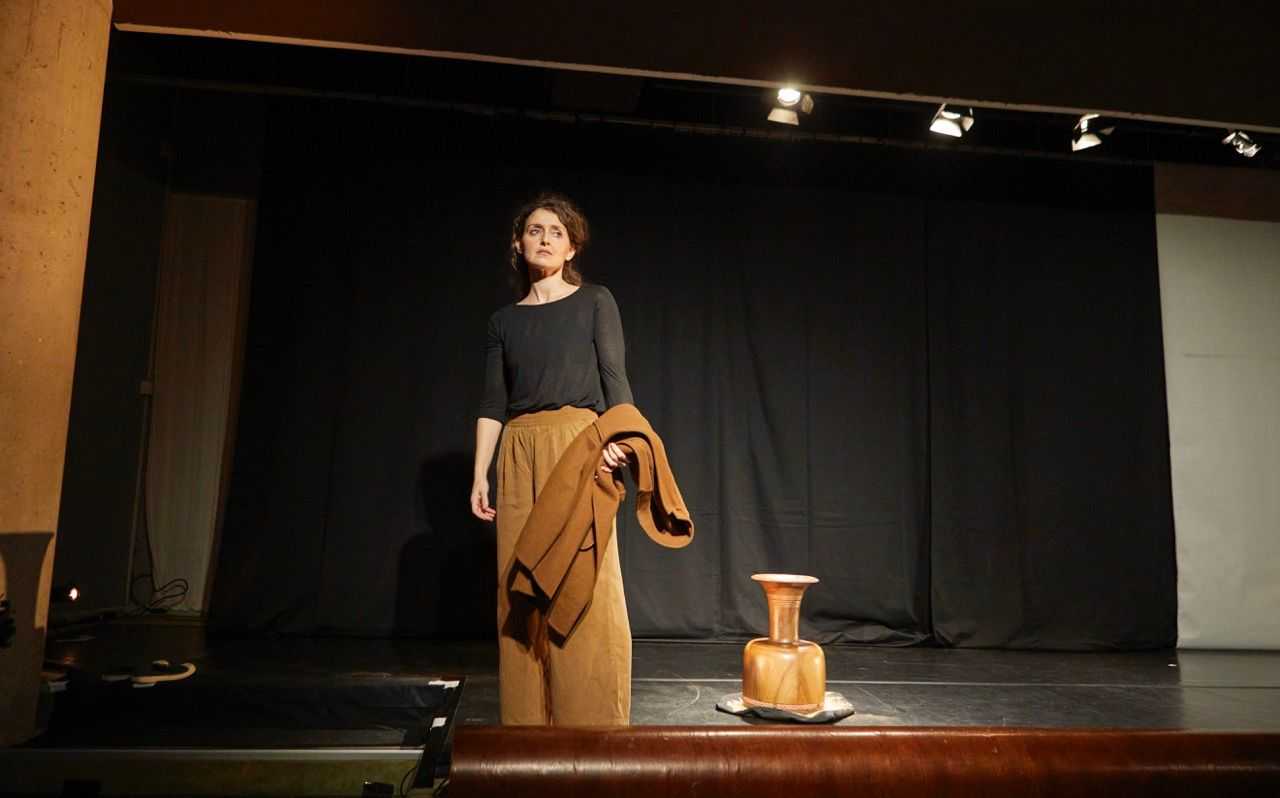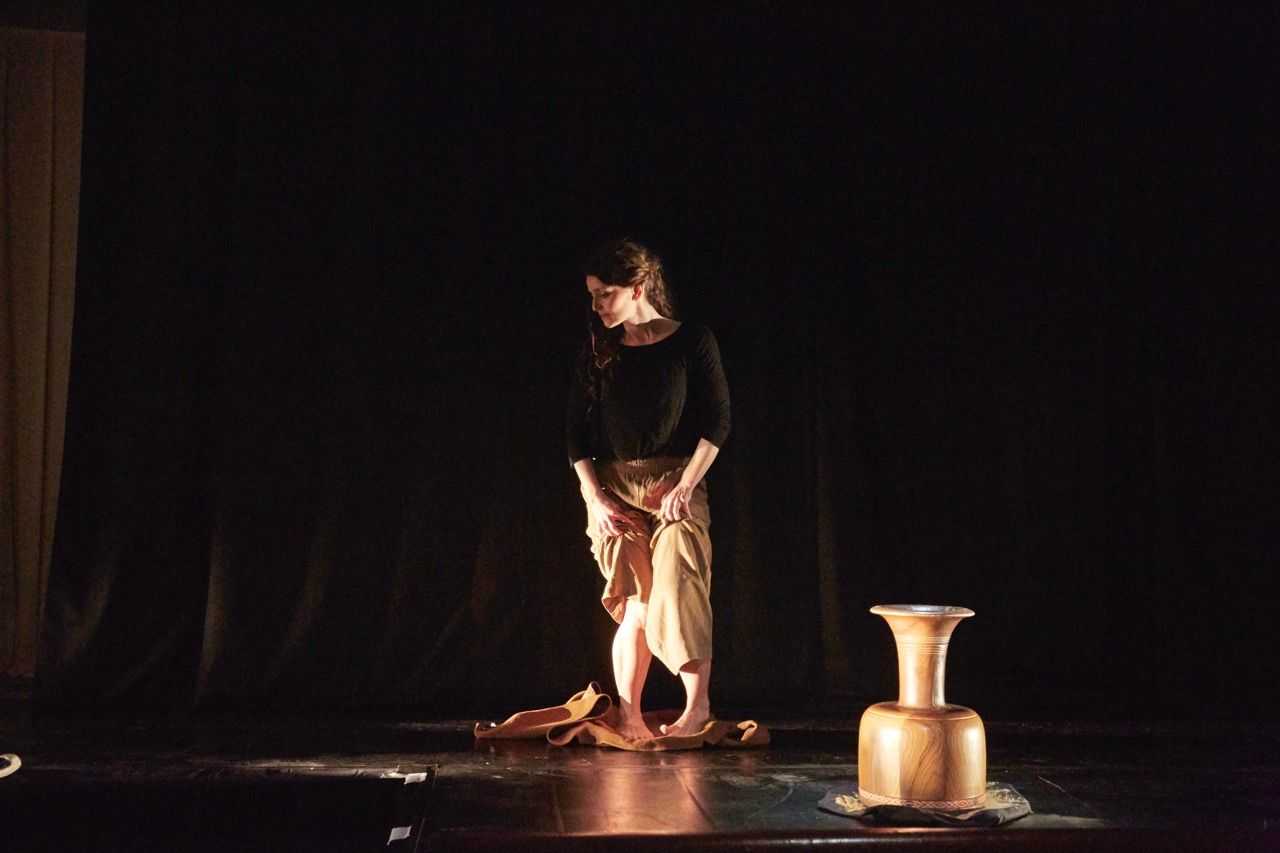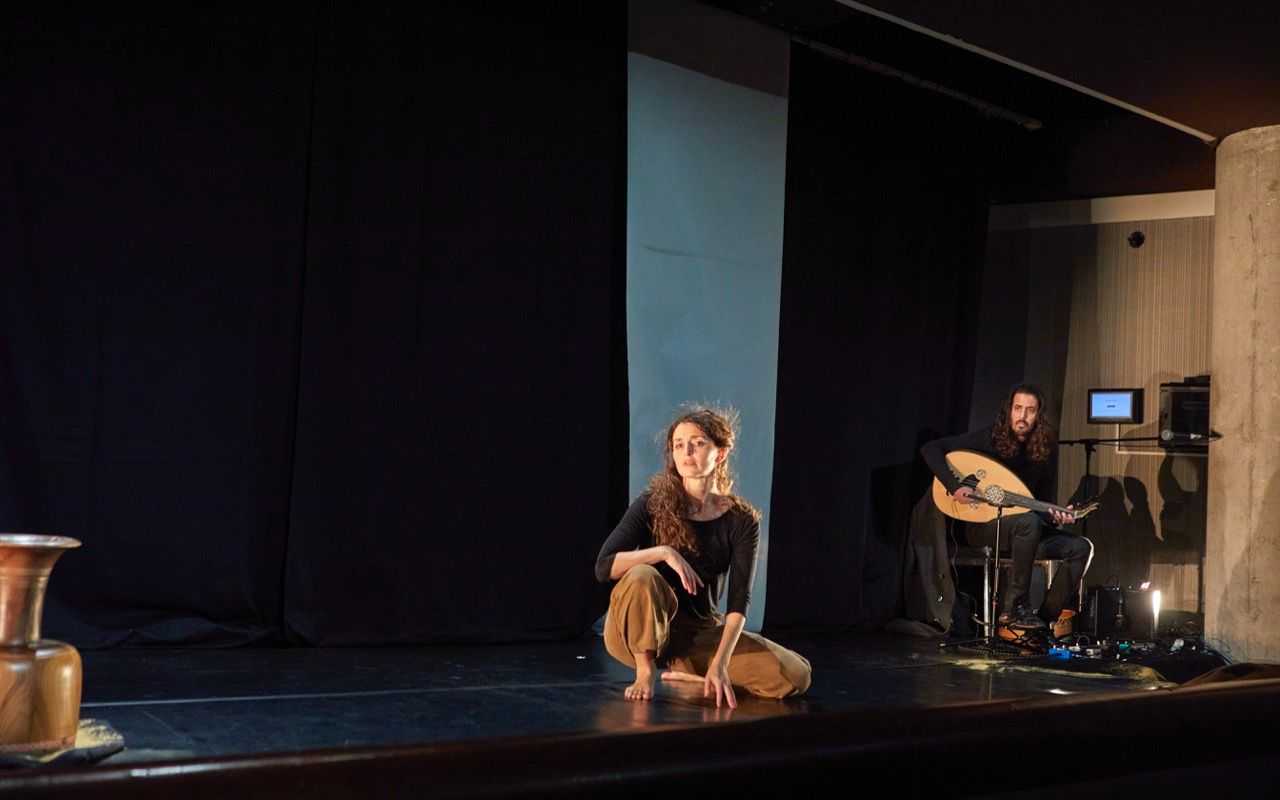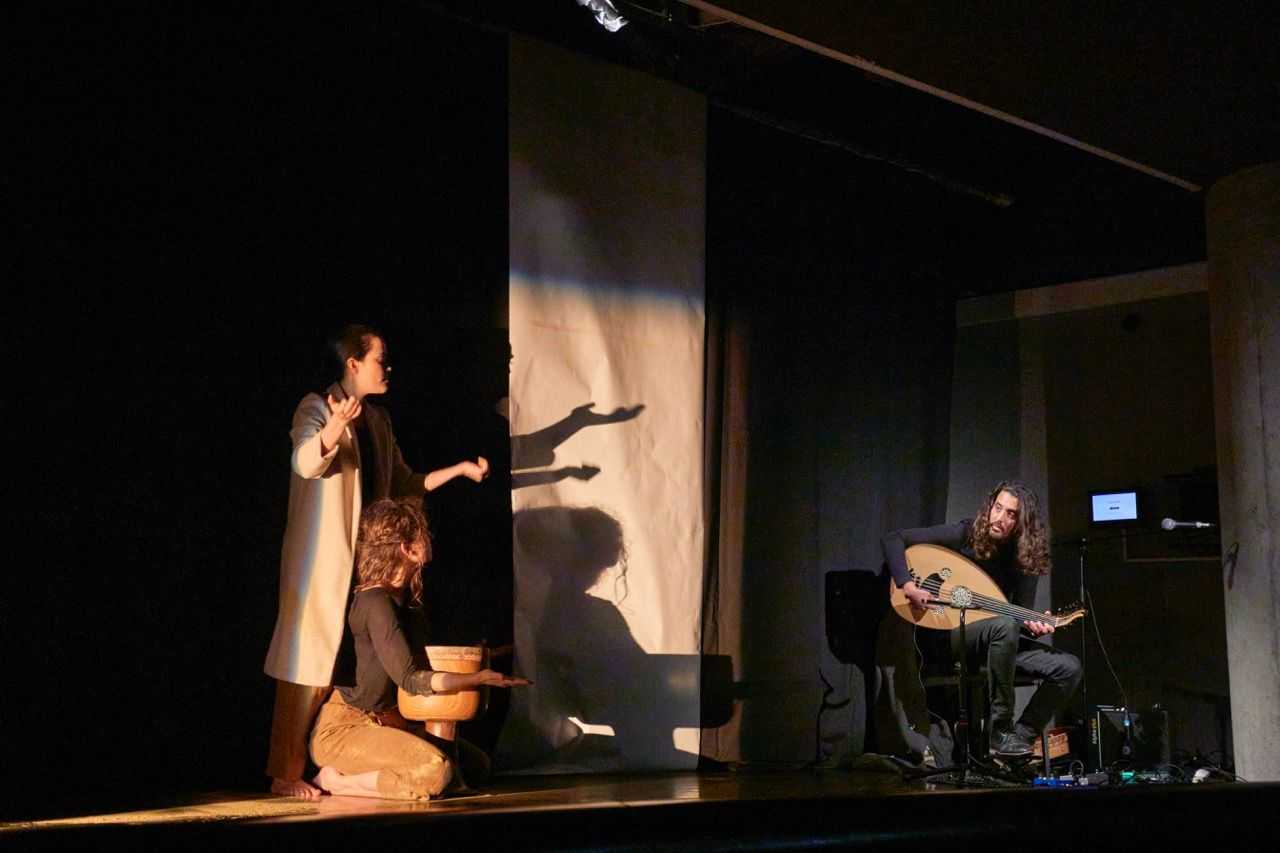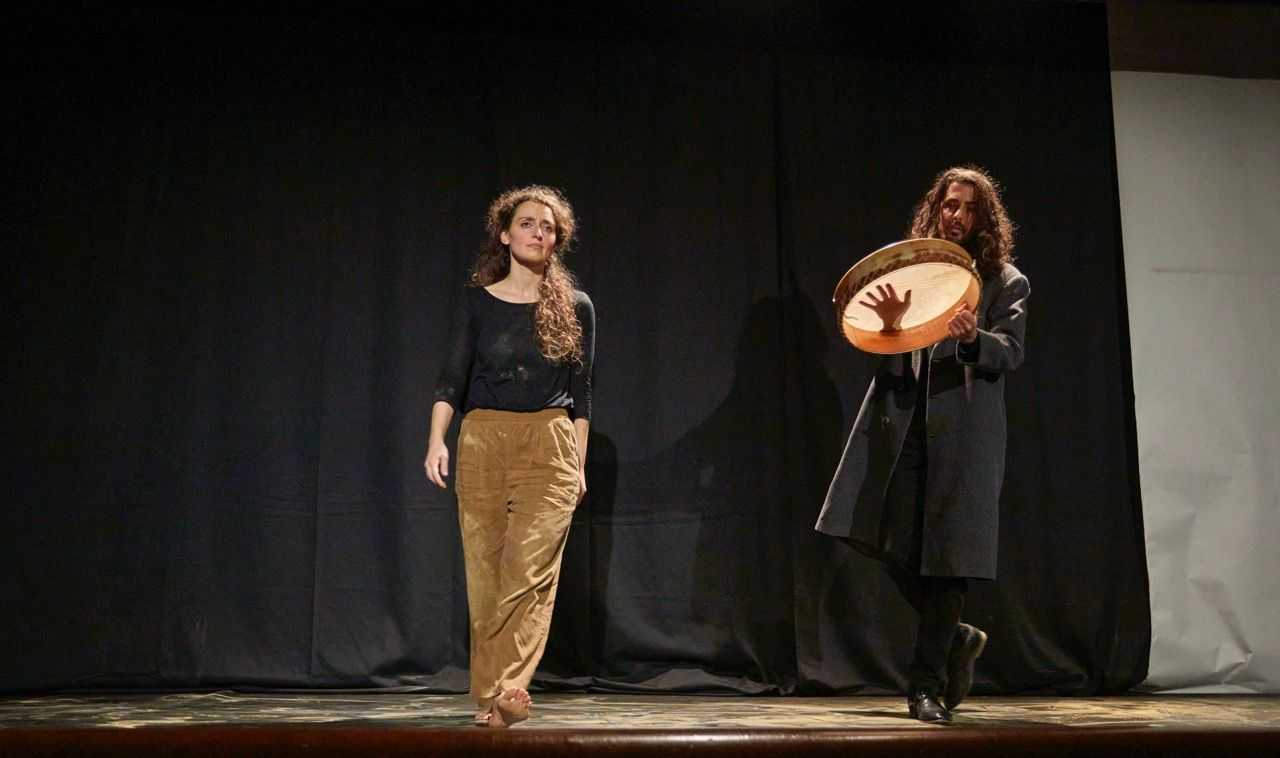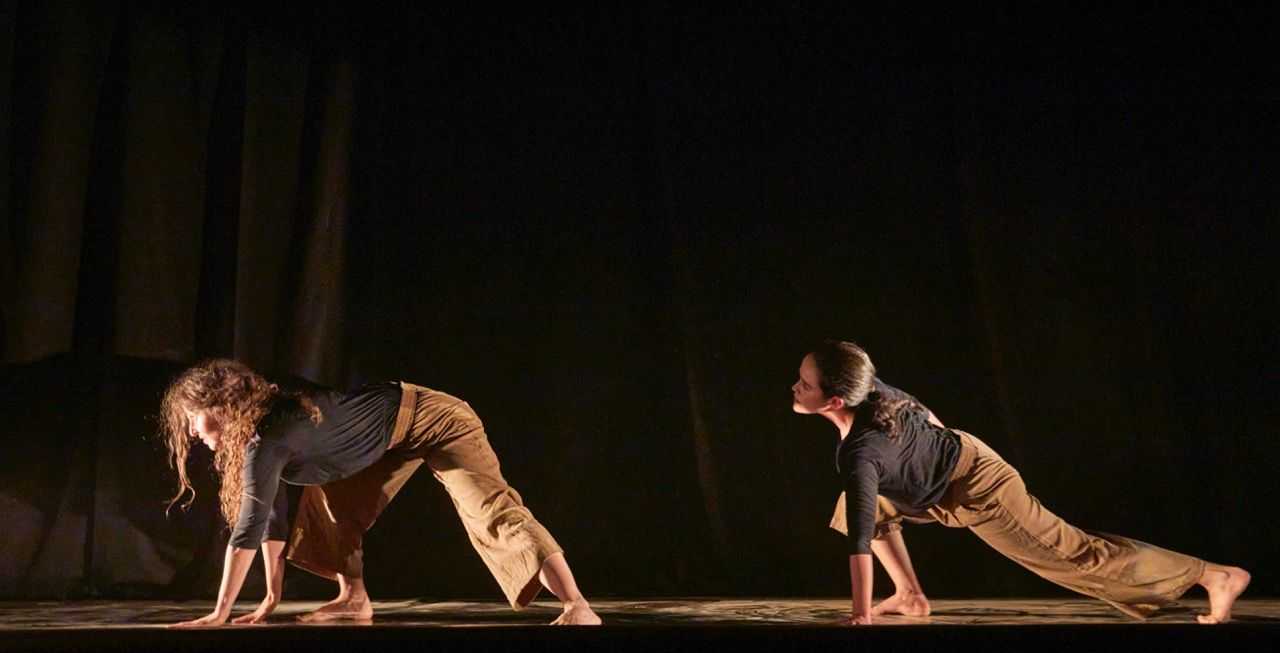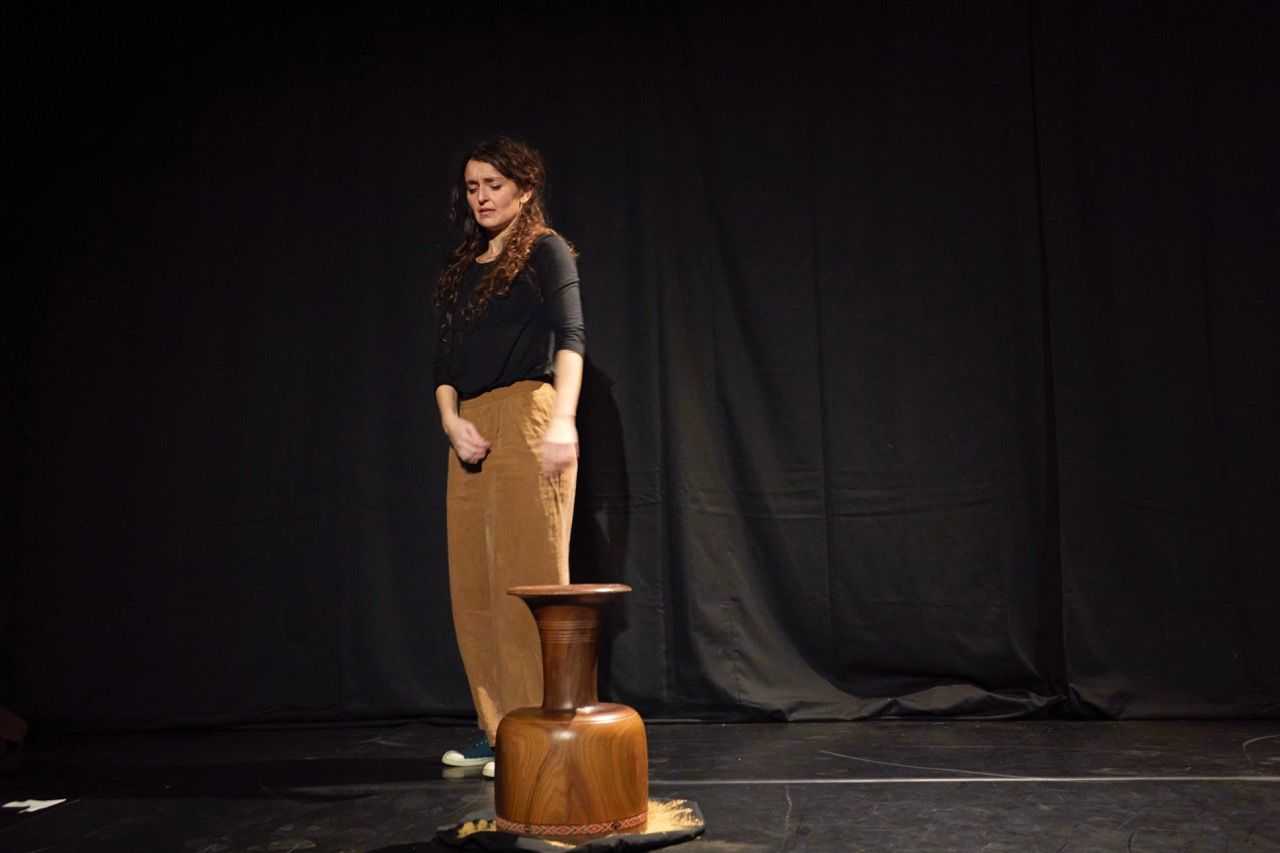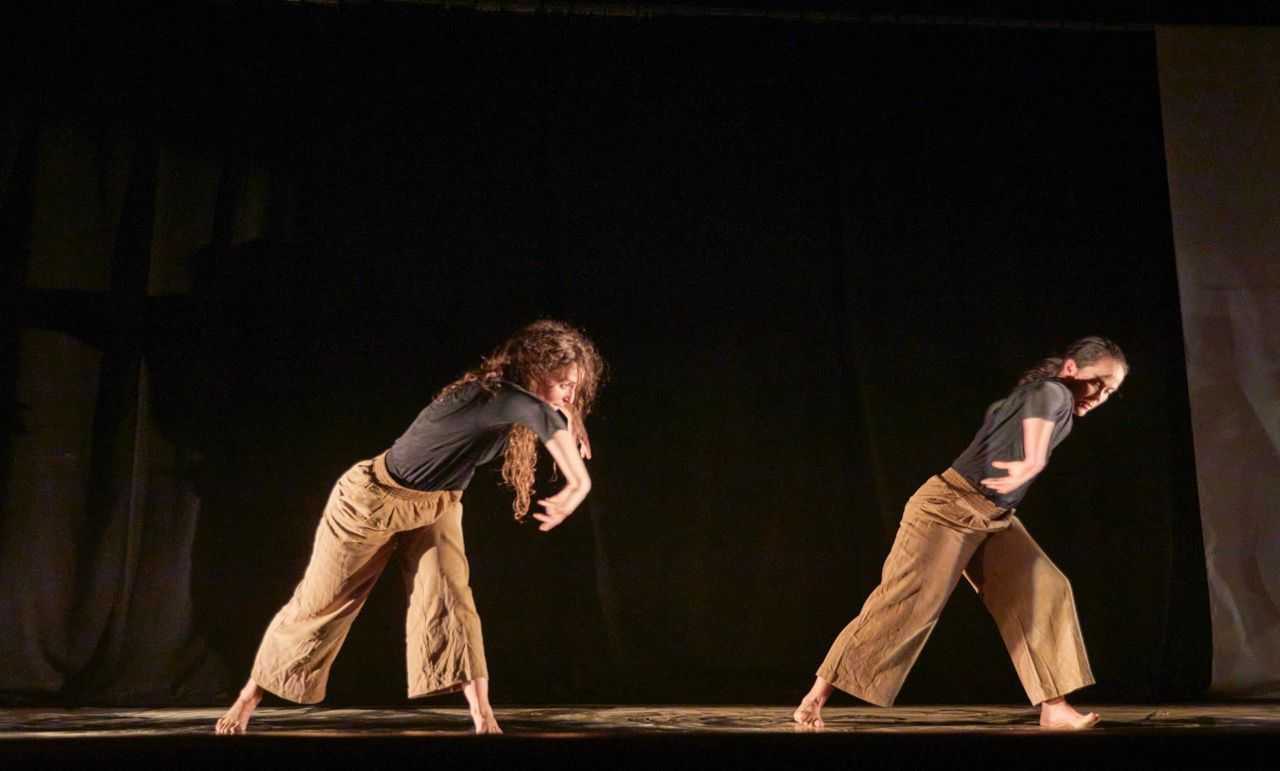Accueil>Jewish-Muslim encounters in European cities, before and after October 7
17.12.2024
Jewish-Muslim encounters in European cities, before and after October 7
On December 3 and 4, the Centre for European Studies and Comparative Politics hosted the final gathering of social scientists involved in the "Encounters" project, a trans-European initiative dedicated to exploring the interactions between Jewish and Muslim communities across six major European cities: Paris (for which Nonna Mayer was lead researcher), Strasbourg, London, Manchester, Berlin, and Frankfurt. The key takeaway of the workshop is that October 7 triggered a macro-polarisation within European societies, overshadowing the complexity and ambivalence that had previously characterised grassroots interactions between Jews and Muslims. While this complexity and ambivalence persist, they now manifest in new ways.
The researchers show that Jewish-Muslim interactions occur and are shaped across various scales (ranging from interpersonal and neighbourhood, to national and transnational), and with different modes, from “living apart together” to frictions and/or solidarity. The question of identity renegotiation also strongly emerges in these encounters, as both Jewish and Muslim identities are fluid and shaped by various factors, including cultural heritage, religious practice, and the surrounding environment.
Acknowledging the complexity of Jewish-Muslim relations
The research done for the project was mainly carried out before October 7, 2023. In almost every case studied across the project (with qualitative or quantitative methods), Jewish-Muslim encounters are ambivalent, never completely positive nor negative but characterised by both solidarity and tension. Nonna Mayer, Elodie Druez and Vincent Tiberj’s study in Paris’s 19th “arrondissement” highlighted that Jewish and Muslim individuals, compared to others who declare no or other religions, express a stronger desire to unite against discrimination. Similarly, Frederic Strack’s research shows that several Orthodox Jews and Muslims in France perceive each other as religious counterparts, sharing a sense of identity as believers. Vanessa Raw adds another layer, revealing that some interfaith couples in Germany form on the base of a perceived proximity as members of minority faiths. However, this shared identity can also generate friction. Strack’s analysis identifies that many Orthodox Jews in France perceive orthodox Muslims as a "threat", because “laïcité” policies primarily targeting Muslims are seen as indirectly undermining Jewish religious practices. This example illustrates how political and societal dynamics can amplify tensions. Nonna Mayer and Elodie Druez provide an example of asymmetrical mutual consideration: they found in their survey in North-East Paris that Muslims are more likely than Jews to perceive a shared cultural heritage between the two groups, highlighting the differences in how each group views its connection to the other.
Was October 7 a game changer?
There are of course more divisive issues, such as the Israel-Palestine conflict. The events that occurred since October 7, 2023, catalyzed a macro-polarization, dividing European societies into “two camps,” and shifting the focus of Jewish-Muslim interactions from the personal and local to the national and transnational. The macro-polarization disrupted everyday interactions, making them more conflictual and sometimes even impossible. For example, initiatives aimed to foster interfaith dialogue were increasingly hampered, as mentioned by researchers and “entrepreneurs of encounter” alike. The rise of antisemitism and islamophobia worsened these dynamics, as individuals began to perceive others not as people but as representatives of opposing transnational groups. In France as well as in the UK, some universities have been hotspots of conflicts between entrenched camps. “Correlation building”, the process of associating a symbol with a political idea, contributed to the growing divide: for instance, in the UK, community leaders increasingly linked the Palestinian flag with antisemitism, further complicating dialogue, as mentioned by Daniella Shaw. Despite this conflictual dynamic, some level of complexity and ambivalence remained at the local level. Certain “entrepreneurs of encounter” recognized the need for alternative forms of interaction. Dekel Peretz describes how after October 7, some Jews and Muslims sought to shape their self-perceptions and narratives, rather than being confined to stereotypes and dominant political and media narratives. In Berlin, he identified a notable shift from institutionalized interfaith initiatives to more informal, grassroots initiatives, with a greater reliance on social media for organizing meetings and acts of solidarity.
An artistic performance serving as an illustration
Halfway through the workshop, Sciences Po also hosted the performance TA'AM by compagnie Safra. The performance provided a tangible example of encounter, embodying the interplay between Jewish and Arabic musical traditions, between the teamim (טעמים) – Hebrew cantillation signs at the heart of Jewish oral tradition – and the maqam (مقام) – a musical system from the Maghreb and the Near East. The piece sought to evoke the essence of this cultural meeting through its fusion of sounds and dances, offering a space that prioritized artistic expression over overt political messaging. Its open-ended nature allowed for diverse interpretations (including, conceivably, through the lens of recent political events), inviting the audience to engage with the performance on a sensory and emotional level. As choreographer and performer Jessica Bonamy emphasized in her commentary, Ta’am was, above all, designed to transport those watching and listening, creating a moment of shared resonance beyond words.
Picture credits: Alexis Lecomte / Sciences Po
Many thanks to Inès Tavignot, whose synthesis of the workshop greatly contributed to this article.
Download the programme of the workshop
More about the project
The Encounters project (Muslim-Jewish encounter, diversity and distance in urban Europe: Religion, culture and social model) stands out for its innovative emphasis on minority-to-minority relations. It challenges the prevailing narratives in both academic research and public discourse, which tend to focus on interactions between minorities and majority societies, such as, for instance, Jewish or Muslim communities within the broader French context.
The project was led overall by Ben Gidley (Birbeck, University of London) and involved Nonna Mayer (CNRS emerita research professor at the CEE, lead researcher for the city of Paris), as well as Elodie Druez (associate researcher with the CEE) and Hande Senguler (former research assistant at the CEE). It was funded by the British (UKRI), French (ANR) and German (DFG) research agencies through the Open Research Area scheme.
Find out more on the project website, including:
- An executive summary (also available in German)
- The podcast “Beyond Encounters”. Episode II features Nonna Mayer with Sami Everett.

